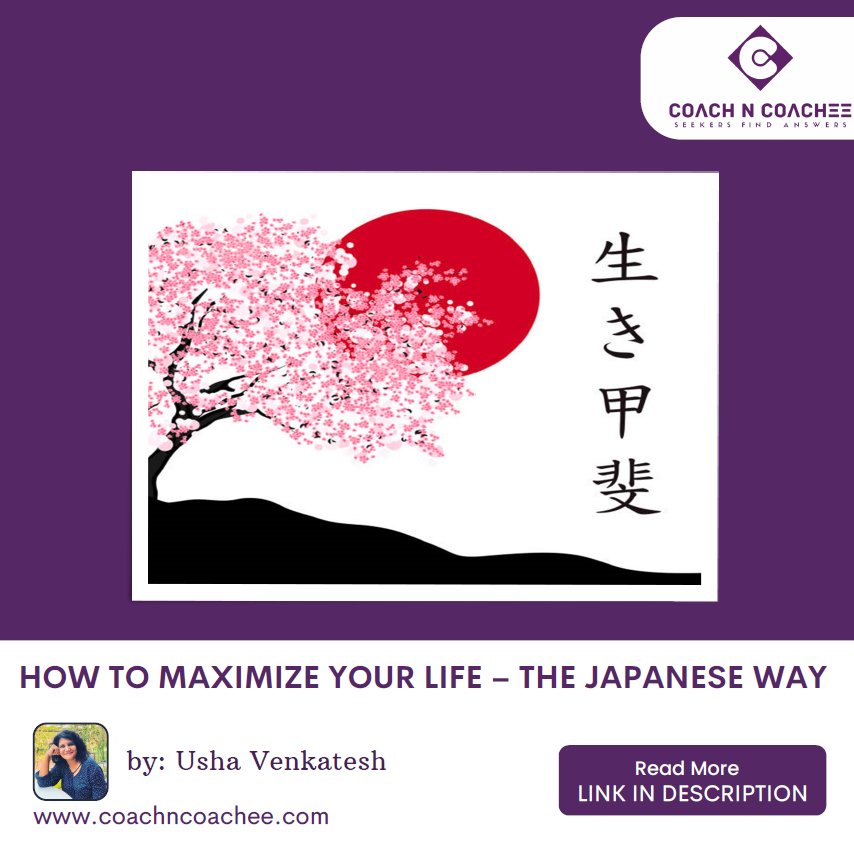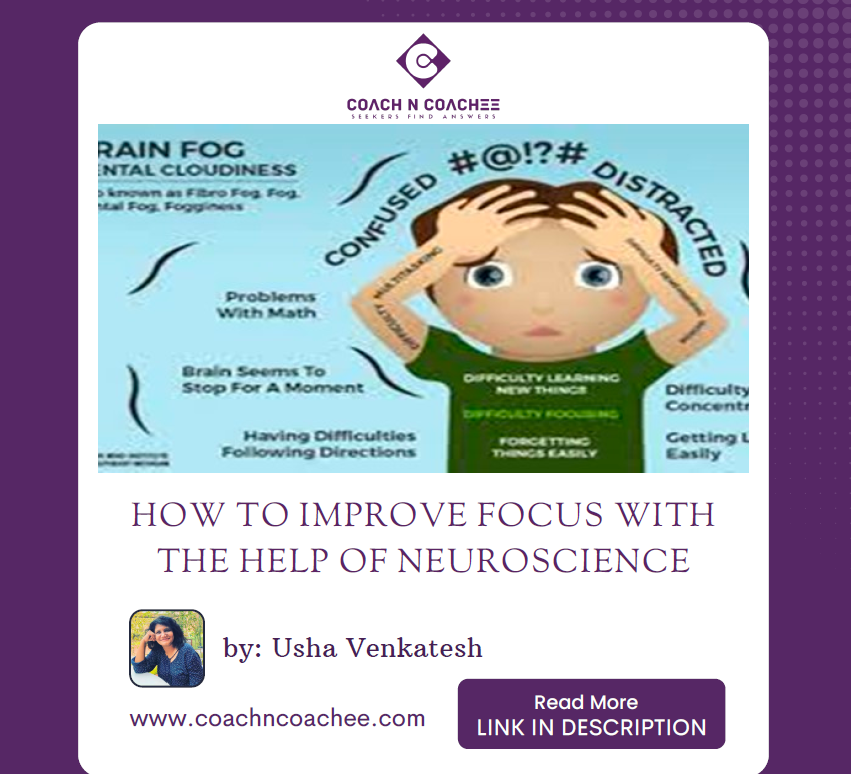
How to maximize your life – the Japanese way
The Japanese way of life has been inspiring the world over with people realizing the potential benefits in terms of better health, lifespan and happiness quotient. Some simple Japanese philosophies that have their roots in Buddhism have contributed to their culture and day to day living. These simple concepts are equally applicable in business as well as personal development. They focus on bringing meaning, discipline, balance and harmony to life. I have here highlighted few of those concepts:
Ikigai: The Japanese word Ikigai translates to finding a meaning or purpose to life. It is not only about financial prosperity but leading a joyful life. Japanese believe that everyone has an Ikigai - something that one loves, that gives meaning to his/her life but one has to discover it for oneself. According to the concept, when you do the work that you love, and it is what the world needs, you also get paid for that work that you are good at, that is when you hit the beauty spot of Ikigai. In your daily life, you can imbibe this philosophy by finding joy in your work as well as simple, ordinary things, maintaining a healthy and active lifestyle, thereby leading a meaningful and purposeful life
Kaizen: It literally translates to good change or is broadly defined as continuous improvement. This was widely applied in industries for improving productivity and quality in the eighties. In personal development, it translates into continuously trying to improve till you master whichever your goals you are pursuing. By bringing in small changes for the better, it helps to retain focus and discipline – contributing to a sense of achievement and fulfillment that keeps one motivated.
Wabi-Sabi: It means finding beauty in imperfections and in the ordinary. It also means accepting those imperfections and finding joy in simple things. By accepting and finding beauty in imperfections, you also realize the fragility and impermanence of nature. Zen Buddhist concept has three tenets: in nature, nothing is permanent, nothing is finished and nothing is perfect - this helps to accept your own and others’ flaws. By accepting and letting go of things that don’t serve us, it helps to overcome grief and sadness and lead a happier life. Kintsugi – the art form of repairing broken things (pottery) with golden lacquer has been derived from the concept of Wabi-Sabi. The finished object post the repair with the golden/silver glue is an object of stunning beauty and a visual treat that imparts the lesson that all flaws can be object of beauty and we, with our flaws, can also keep improving. All of us are but ‘a work in progress’.
Oubaitori: The word is made of kanji characters taken from four iconic trees – plum, cherry, peach and apricot, different and unique in themselves. It teaches us that each one of us is unique and we grow in different ways; so never compare and belittle yourself or others. Each of us brings value in our unique self and we blossom in our own time.
Mottainai : It literally means everything is too good to be wasted. In Buddhist teachings it also means showing remorse on anything that is exploited beyond need, it teaches the importance to accept things with gratefulness, respect and value them. By following these basic tenets we show our respect to nature by conserving resources and leaving our future generations a world that they can be proud of.
Usha Venkatesh










